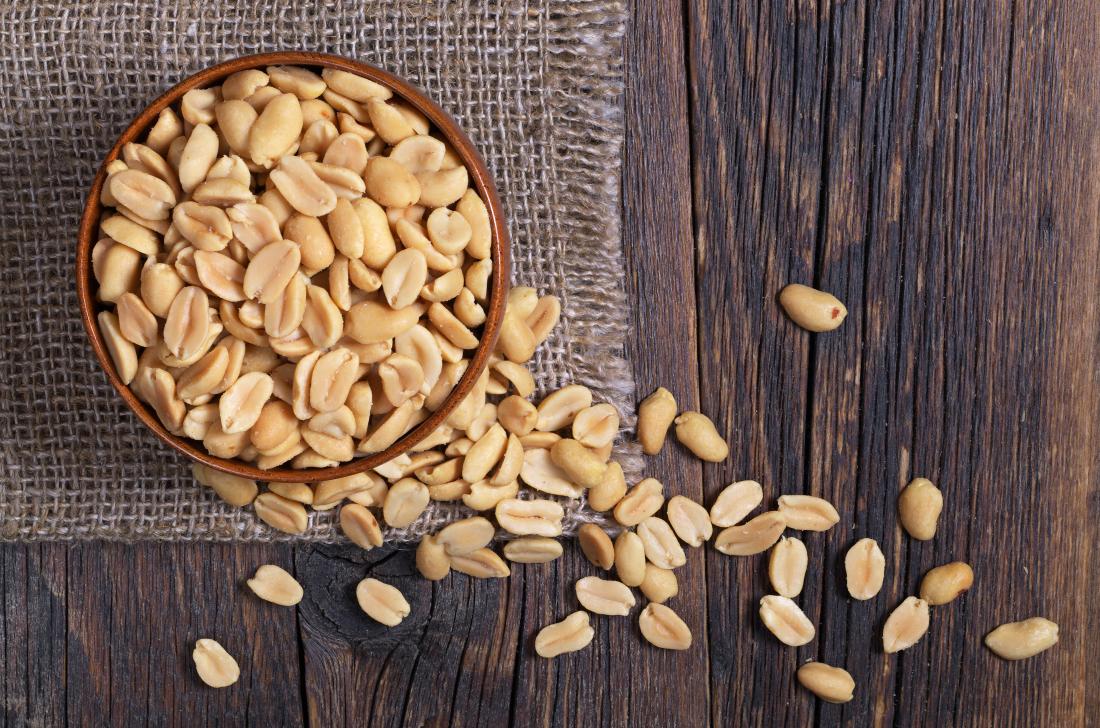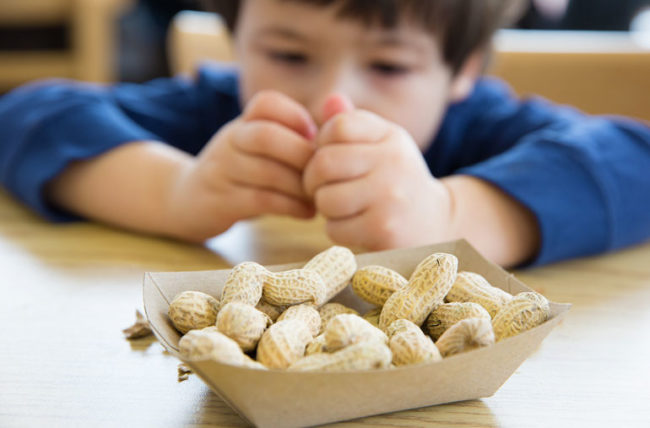Peanut treatment lowers risk of severe allergic reactions in preschoolers
A new study by researchers at the University of British Columbia and BC Children's Hospital gives hope to parents and kids who face real danger from exposure to peanuts

Washington: A new study by researchers at the University of British Columbia and BC Children's Hospital gives hope to parents and kids who face real danger from exposure to peanuts.
"There's a common misperception about peanut allergies--that it's not a serious health issue. Although the risk of a fatal reaction to peanuts is low in patients with peanut allergy, it has a major impact on the quality of life and many families feel hopeless in dealing with what can seem like an unmanageable problem," said the study's senior author Dr Edmond Chan, head of the division of pediatric allergy and immunology at UBC's faculty of medicine and clinical investigator at BC Children's Hospital Research Institute.

The study, recently published in the Journal of Allergy and Clinical Immunology: In Practice, is the first to demonstrate that exposing children to a small, regular dose of an allergen (in this case, peanuts) in a real-world setting (outside of a clinical trial) is effective in reducing the risk of allergic reactions.
Also Read | Repeated exposure to food makes children adopt healthy eating habit
The treatment method, known as oral immunotherapy, involves gradually increasing the amount of peanuts (or peanut products) given to the child. One treatment aim is to reach desensitization, whereby the child can ingest a full serving of peanuts without triggering a dangerous reaction.
Another goal is protection in the event of accidental exposure, and lessening or eliminating the need for epinephrine injections in response to reactions. To sustain their level of immunity, the child must continue to eat peanut products on a regular basis.

Over the course of this study, 117 preschool-age children--between the ages of 9 months and five years--with peanut allergies from across Canada received a daily maintenance dose of 300mg of peanut protein--equivalent to about one peanut or a quarter teaspoon of peanut butter.
Also Read | Study reveals how stress can curb eating desire
After one year, the researchers found that nearly 80 per cent of the preschoolers were able to eat 15 peanuts (equivalent to 4000mg of peanut protein) without reaction during an allergist-supervised oral challenge.
And almost every child (more than 98 per cent) who participated in the study could eat three to four peanuts without reaction, which is enough to protect from 99 per cent of accidental exposures.(ANI)
 Dynamite News
Dynamite News 